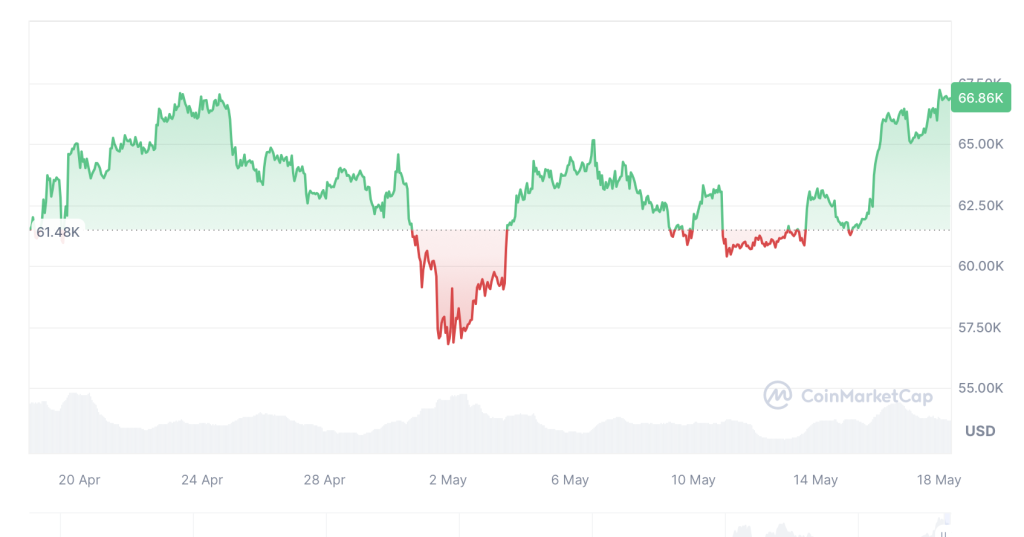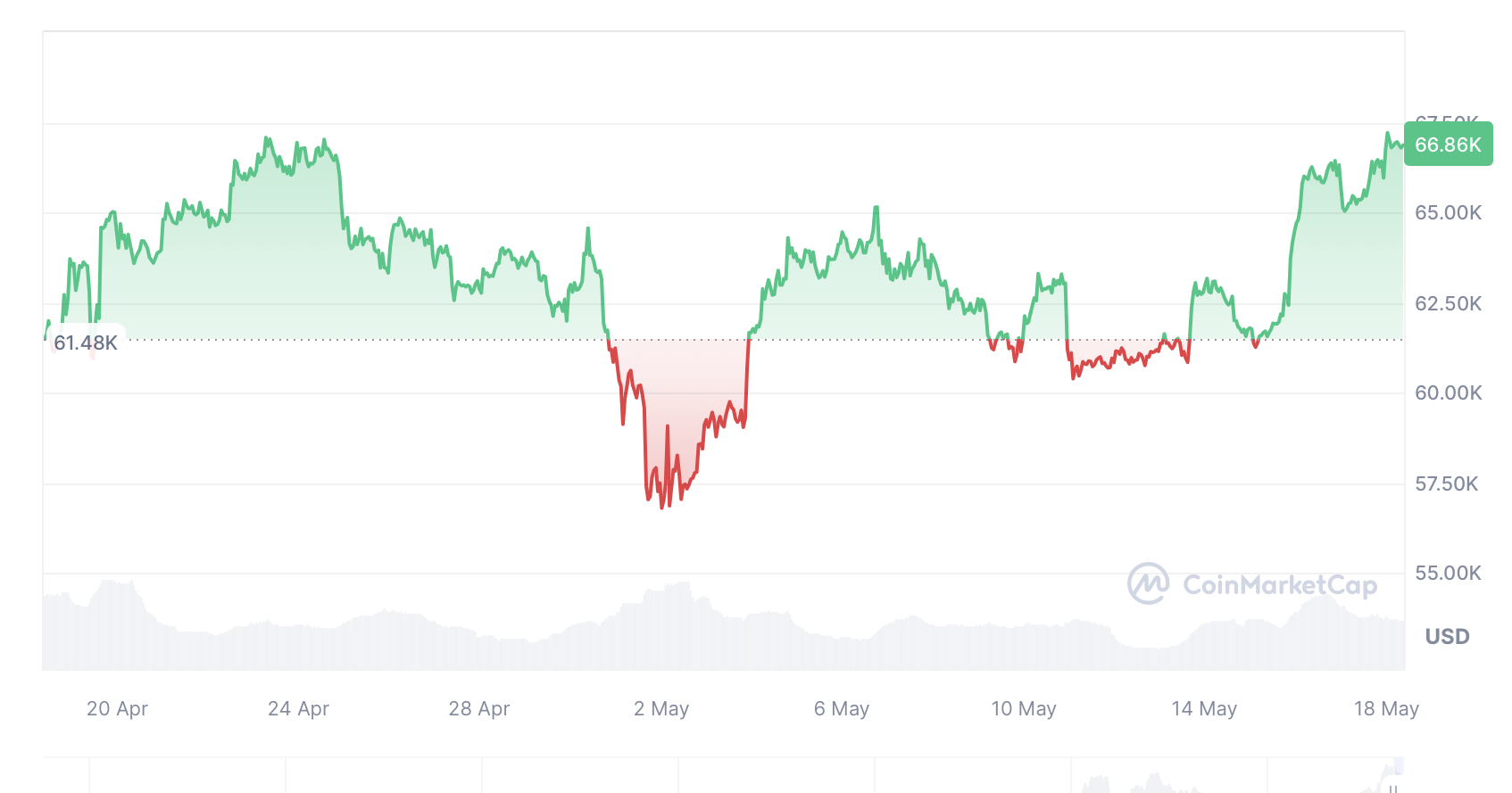Crypto personality pleads guilty to fraud after promising 60% 'fictitious' returns

The United States Department of Justice alleges Thomas John Sfraga convinced a victim to invest in a "fictitious" cryptocurrency” wallet after promising significant gains.

Cryptocurrency personality Thomas John Sfraga has pleaded guilty to wire fraud after allegedly deceiving more than a dozen victims into investing in nonexistent ventures, including fraudulent cryptocurrency schemes.
“Sfraga convinced a victim to invest in a fictitious cryptocurrency “virtual wallet,” the U.S. Department of Justice declared in a May 17 statement. The agency further explained that Sfraga has experience in podcasting and the crypto industry, including acting as the emcee of cryptoevents in New York.
“He promised the victims returns on their investments as high as 60% in three months,” the DOJ further added. However, it appears he was operating a Ponzi scheme — where the returns paid to earlier investors come not from legitimate profits but from the investments of new participants.
“In reality, however, Sfraga converted the monies to his own benefit, to pay expenses, and to pay earlier victims and business associates,” it explained. Several of those victims were allegedly friends and neighbors of Sfraga, whose trust he betrayed to “swindle over $1.3 million of their hard-earned savings.”
Such gains are not unusual in the crypto market — Bitcoin (BTC) rose 65% over three months this year from Jan. 24 to April 24, according to CoinMarketCap data. At the time of publication, Bitcoin is trading at $66,860.

Several altcoins have seen much larger returns over the same period — PEPE (PEPE) and dogwifhat (WIF) rose by 722% and 656% respectively over those same three months.
Related: Former Cred execs face wire fraud and money laundering charges
It comes after a crackdown on cryptocurrency fraud in recent times.
On May 15, Cointelegraph reported that the DOJ charged brothers Anton Peraire-Bueno and James Pepaire-Bueno with conspiracy to commit wire fraud, wire fraud, and conspiracy to commit money laundering.
It alleged they obtained $25 million in cryptocurrency in approximately 12 seconds using a scheme that undermines the integrity of the blockchain.
Just a month earlier, on April 4, the former head of legal and compliance for the multibillion-dollar OneCoin fraud scheme was sentenced to four years in jail after admitting she helped launder millions of dollars.






Responses